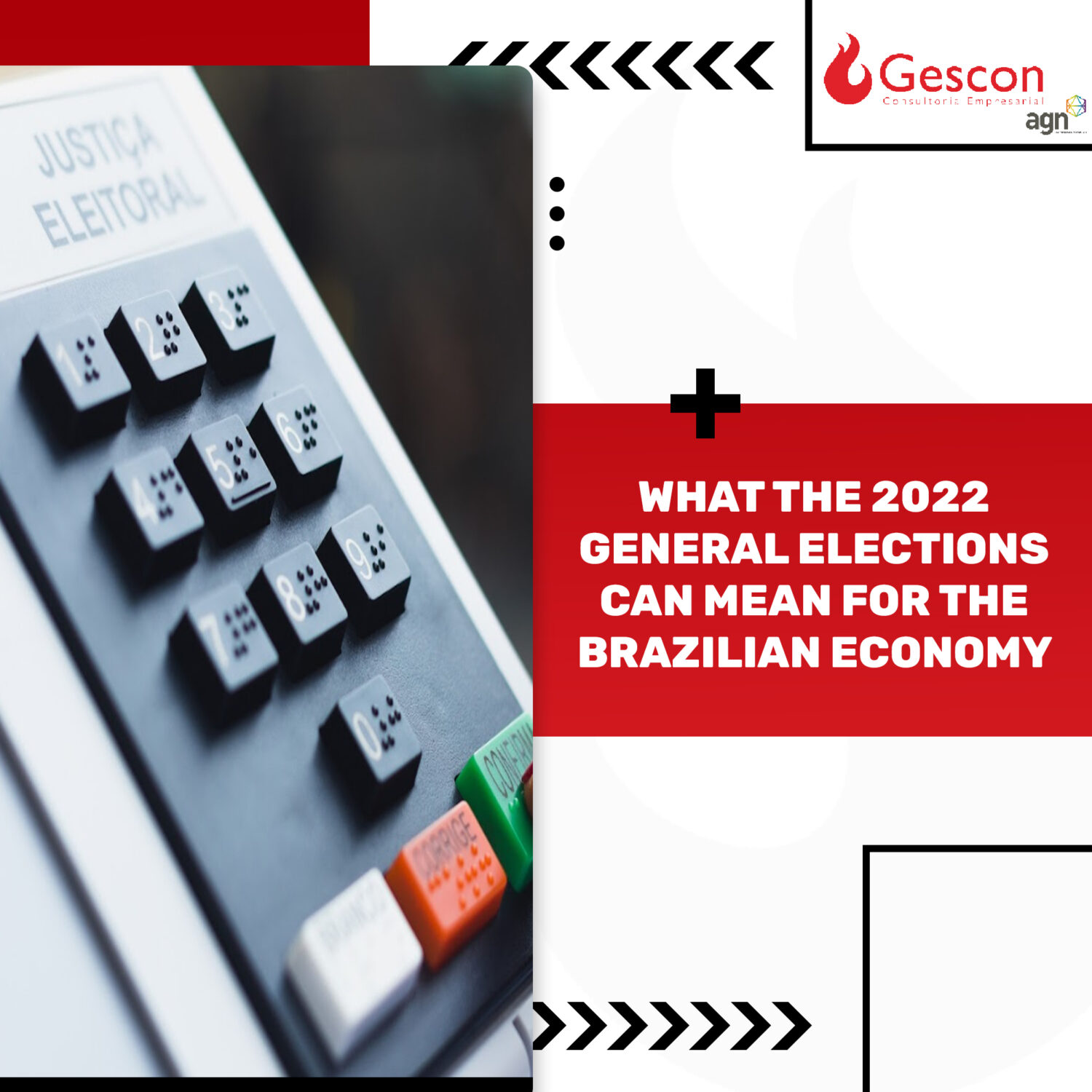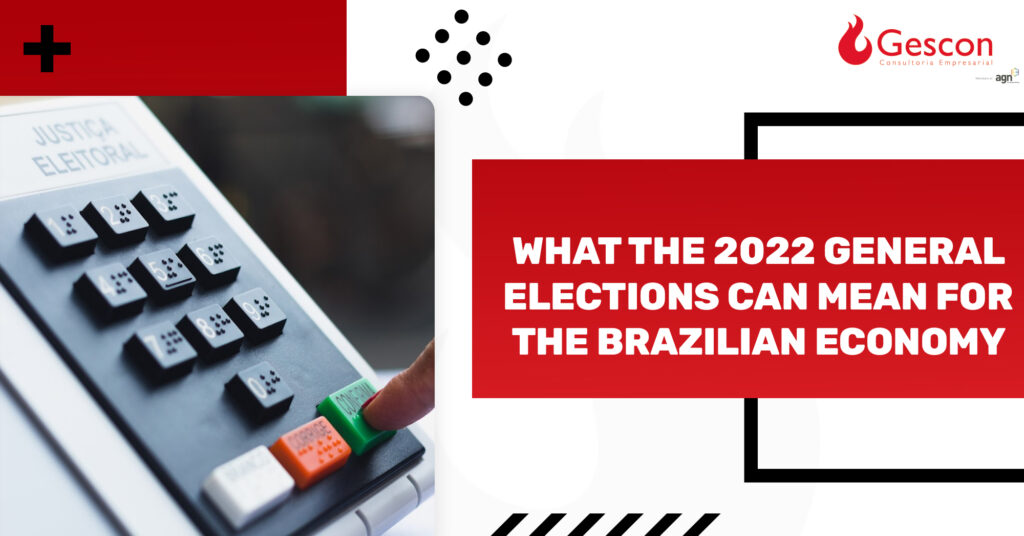Address
304 North Cardinal St.
Dorchester Center, MA 02124
Work Hours
Monday to Friday: 7AM - 7PM
Weekend: 10AM - 5PM
Address
304 North Cardinal St.
Dorchester Center, MA 02124
Work Hours
Monday to Friday: 7AM - 7PM
Weekend: 10AM - 5PM



Fourth largest democracy in the world, in October 2022 Brazil will go to the polls to choose its next president of the republic. In a process that has so far proved to be fierce and polarized, all the most recent polls indicate that we will have a clash between the current president, the conservative Jair Bolsonaro, and the leftist Lula da Silva, who held the presidency of the country between 2003 and 2010. and who has alleged involvement in several corruption scandals over the past 15 years.
The election period always proves to be challenging for the Brazilian economy. This year, the elections could negatively impact the Brazilian economy. That’s what Moody’s says, given spending pressures, which could hamper fiscal consolidation efforts.
To know what to expect from this scenario, which adds to the post-pandemic and the crisis between Ukraine and Russia, read on.
Perspectives that call for caution
According to the study presented by Moody’s last February, the consolidated public sector accounts in the country should present a negative result in 2022. This year, the agency estimates a primary deficit of 1.6% of the Gross Domestic Product, a result that should be obtained amid the projected slowdown for economic activity in Brazil.
Also according to the Central Bank, the fiscal risk with the implementation of policies that cause an increase in spending, in an election year, can put pressure on inflation — and also sustain the increase in interest rates in the local economy.
The possibility of the left returning to power is a factor that contributes to a climate of uncertainty. When he assumed the presidency for the first time, in 2003, Lula da Silva welcomed a country that was undergoing the effects of the reforms promoted by the PSDB during the Fernando Henrique Cardoso administration.
At that time, Brazil had gone through the Real Plan, which effectively quelled the hyperinflation of the early 1990s, and also through a process of opening up the economy. Brazil was still experiencing a period of exchange rate stability, and had just passed the Fiscal Responsibility Law. In addition, the strong growth of China, at the time, caused a strong increase in the price of commodities, which lasted for the first decade of the 21st century.
Today, however, the scenario is different. Unable to carry out reforms due to strong opposition in Congress and the Federal Supreme Court, the Bolsonaro administration faced the entire period of the Covid-19 pandemic, and is now feeling the effects of the War in Ukraine. As a result, inflation returned to bother, a movement that is global and observed in the main economies of the world.
The booklet on the left preaches increased spending as an element to foster economic growth. Given the current scenario, experts question whether this is the appropriate model for the near future.
What to expect from Bolsonaro
On the other hand, Bolsonaro’s permanence in office with his re-election may prolong the already long period of great polarization in Brazilian society. Possessing controversial positions on the cultural agenda, Bolsonaro was unable to impress his government with a truly liberal pattern in the economy.
Advances were observed, however. In the week in which it completed the first 1000 days of government alone, the Bolsonaro administration revoked 892 normative acts. In addition, his administration made important investments in infrastructure, and promoted privatizations in strategic sectors such as airports and seaports.
From a new Bolsonaro administration, greater commitment to reforms, especially tax reform, is expected.
While there is consensus that the next government needs to seek national unity under a nation project, at the moment it seems unlikely that we will have a president from the center. So far, the so-called third way candidacies are incipient, including that of the acclaimed judge Sérgio Moro.
Regardless of the result, Brazil gives strong signs that it is a mature and consolidated democracy, and that it has institutions and social ballast for the alternation of power to produce lasting effects, towards the economic development that we so desire as a country.